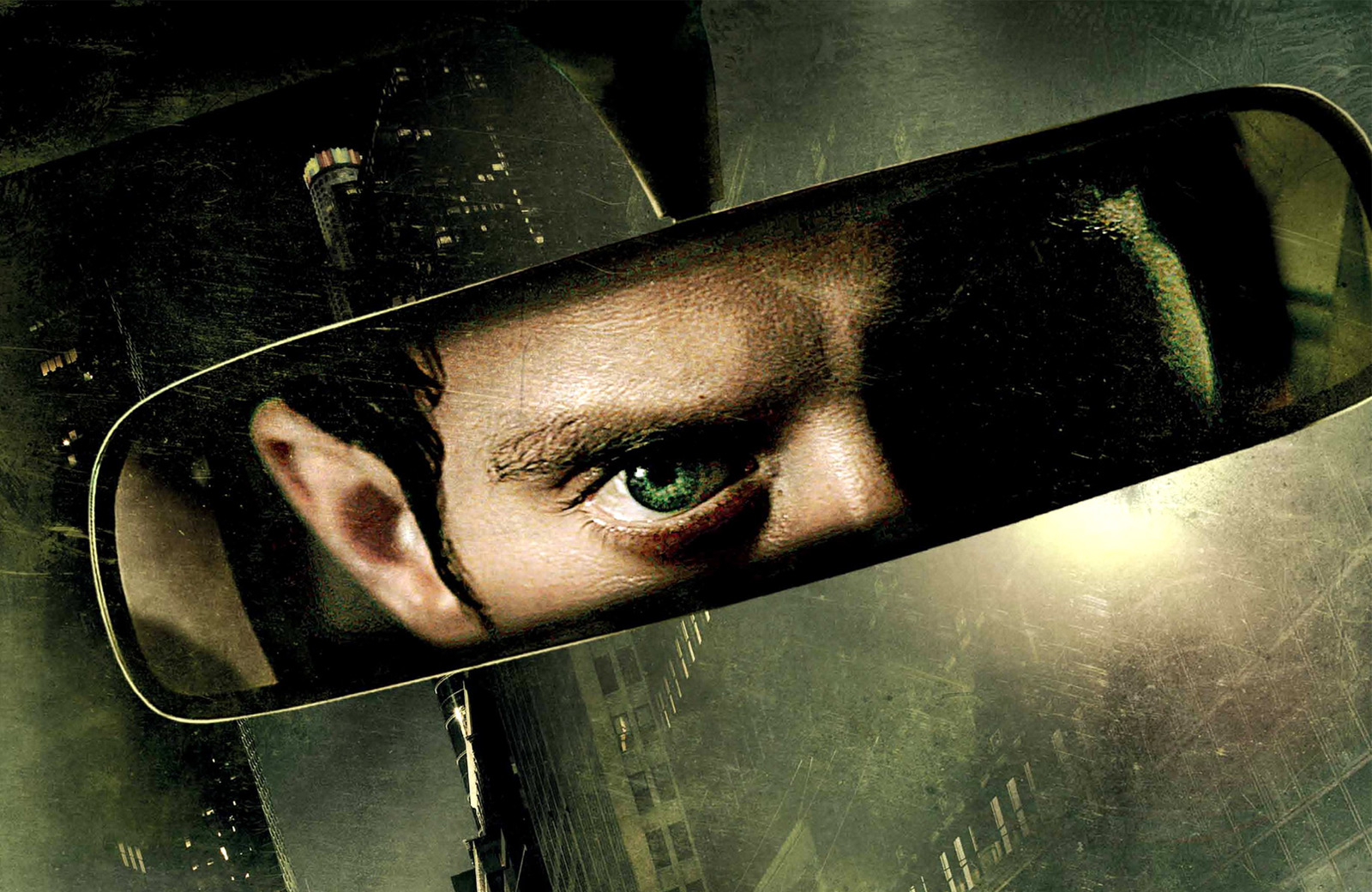Maniac
by Hope Madden
Just a steel town girl on a Saturday night lookin’ for the fight of her life. Back in 1983, that song backed the legwarmers, sweat, quick feet, and water buckets of Flashdance, but originally, Michael Sembello wrote it about a different hot mess.
Sembello first penned the tune in tribute to 1980’s cult slasher Maniac. Mouth-breathing schlub Joe Spinell made waves with the low budget flick featuring a sympathetic(ish) protagonist whose mommy issues drive him to extreme behavior. Despite its obvious plot, poor acting and over-the-top misogynistic butchering (or perhaps because of these), the film maintains a lingering popularity.
French horror maestro Alexandre Aja (Haute Tension) – who produces and co-writes – leads the reboot that ups the budget, talent, and blood.
Elijah Wood fills in for Spinell as Frank, mannequin aficionado. Frank’s mom showed her maternal devotion in unseemly ways, and those mixed messages took their toll on the boy. As a result, migraines, anxiety attacks, lacking social skills and a tendency toward dismemberment mark Frank’s adulthood. (What is Frodo Baggins doing to that lady?!)
The basic plot remains intact, but Aja and his crew of writers update Frank’s tale in a number of ways, most of them for the better – and yet, there was a seedy charm to Spinell’s setting, the workaday world of New York, the retread doesn’t capture.
The acting is certainly superior, though.
Wood, in particular, crafts a genuinely sympathetic character. This feat is more impressive than it sounds, and Frank’s way with a hunting knife is not the only obstacle facing the actor. Director Franck Khalfoun chooses to adopt the killer’s-point-of-view, shooting the entire film as though through Frank’s eyes. We see only what he sees, meaning that we rarely even glimpse Wood except by way of reflective surfaces.
The decision works here and there. You are aligned with the killer, seeing events as he sees them. Given what it is that he sees (largely his own actions), Khalfoun simultaneously indulges and punishes our voyeuristic behavior.
The act of seeing through Frank’s eyes should make the character feel more real for us, as it ostensibly establishes a connection between viewer and character. It doesn’t, though. It articulates Frank’s disconnect from humanity by disconnecting us from Frank.
This could be a blessing, though. He is, after all, a maniac.
And he’s dancin’ like he’s never danced before! (Go ahead – try and get that song out of your head.)
